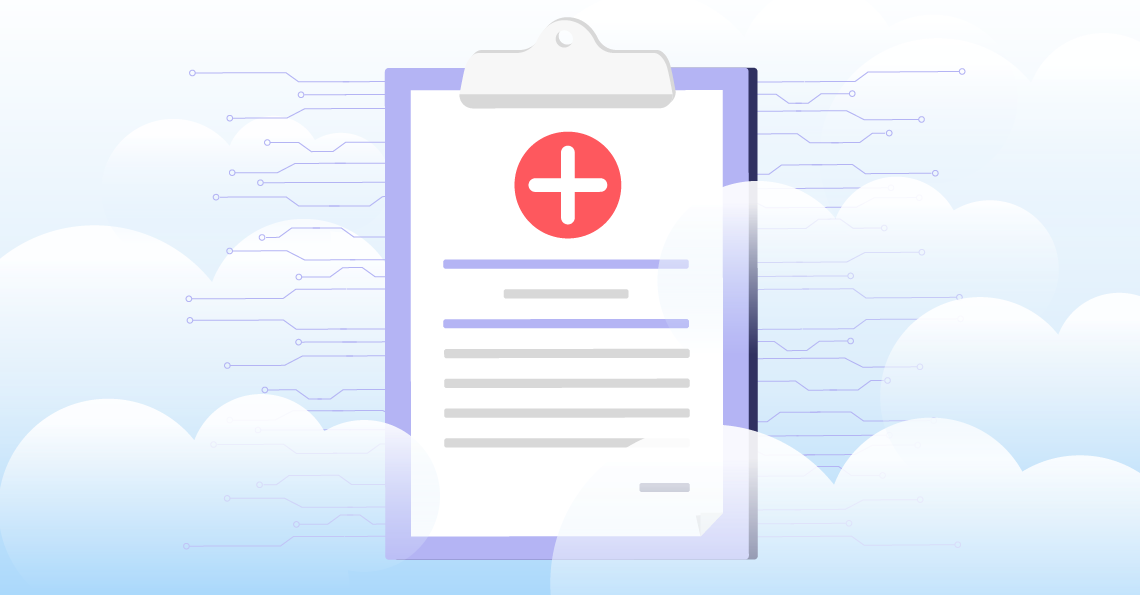What Do We Offer?

Big Data integration services from IT Svit
Every Big Data project needs to operate vast amounts of structured and unstructured data. It will come from a variety of data sources in a variety of formats and at different speeds, so it must be integrated in a uniformed format in order to be used efficiently. IT Svit has ample experience with Big Data integration and we can help you achieve the results you expect from Big Data management and processing.
Building solutions for Big Data integration
Big Data integration does not happen automatically. Your Big Data solutions must be designed and built correctly to be able to meet the project requirements. The expertise needed for this is not quite easy to obtain, so many companies prefer to outsource this task to a trustworthy IT services provider. IT Svit is exactly the right company to choose, as we have 5+ years of experience in building Big Data solutions for various purposes and industries.
Big Data integration for monitoring analytics
Another important area of Big Data integration is deploying predictive analytics for your business IT infrastructure. Compiling the structured and unstructured data from multiple systems and logs allows your monitoring solutions to identify normal operational patterns and react appropriately if any anomaly occurs. Thus said, we can help you prevent the disasters, instead of dealing with their aftermaths.
Maximize Your Data Efficiency Today!
Streamline your data workflows effortlessly with our Big Data Integration Services. Our expert team specializes in integrating diverse data sources, enabling advanced analytics and informed decision-making.
You Will Get

Benefits of Big Data integration for your business
Every business can benefit from Big Data analytics at some point. Big Data can create a competitive edge for your business, by enabling product features and services your competitors do not have, thus providing great value to your customers. Alternatively, a business can use Big Data analytics solutions to monitor the performance of their IT infrastructure and optimize resource allocation. However, there is a huge challenge involved with Big Data analytics and processing — and it is integration.
Big Data by definition is an influx of structured and unstructured data coming at huge velocity in forme of large data sets containing information in multiple formats. In terms of enterprise data, this can mean terabytes of data per hour. Thus said, Big Data is not easy to use in its original form and must be normalized, deduplicated, cleared from white noise and transformed in some uniformed format to enable data processing. This process is called Big Data integration and it is actually quite hard to make everything correctly from the start, if you do not have the appropriate experience.
The point is, various types of data must be processed by different types of tools, just as a bolt needs a wrench, while a nail needs a hammer and a screw needs a screwdriver to be useful. Thus said, textual files, system logs, customer details and other data must be transformed into some format (usually JSON) and written into a fast relational database (usually Hadoop, Cassandra or MongoDB) to ensure a Big Data solution can process it. All of this should happen real-time, so it must be done in the cloud, which also enables scaling the system resources up and down to meet your workload requirements.
Traditional data management applications used to provide Business Intelligence and support decision-making have strict rules and certain limitations to their data processing mechanisms. With time, cloud data processing software from Google or AWS has proven its superiority by providing more flexibility, scalability and affordability in terms of resource usage, as compared to enterprise data warehouses.
However, many businesses have already invested into proprietary Business Intelligence applications and are now faced with a harsh choice of waiting till the developers update their software, or ditching it and starting over from scratch. The most common approach, however, lies in developing a bespoke Big Data analytics solution uniquely tailored to your business needs and built using both cloud-specific and open-source components.
Building the team for your Big Data integration project
The hardest part of this process is actually finding the professionals able to design, build and configure Big Data integration tools that will be able to reach your business objectives. There are several ways out of this situation, actually. You might try to hire the required talents in-house or as freelancers, reach out to a cloud platform or hire a Managed Services Provider company like IT Svit.
The first variant is the hardest one, as it takes much time and effort to find appropriate specialists with the required expertise, be it in-house or remotely. It takes even more time to form a cohesive team of them, and even more time and resources until they are able to deliver the required solution. Keep in mind, that data science experience is not the same with Big Data Integration expertise, and the progress will be done by the way of trial and error — not to mention both in-house and remote specialists can leave at any time and put your project at risk.
The second approach is more reliable, as support engineers and certified partners from cloud platforms like AWS, Google Cloud or MS Azure have in-depth expertise of dealing with their cloud services and can deliver the Big Data applications you need. The risks, however, involve building these solutions using cloud-specific services like Google BigQuery or Amazon Kinesis, so instead of vendor lock-in with a Business Intelligence software, you end up with vendor lock-in with your cloud service provider.
Therefore, the third approach is the most cost-efficient and secure one. If you decide to work with an IT outsourcing provider like IT Svit, you hire a cohesive team of specialists with wide experience in enabling seamless Big Data integration and a codebase of ready solutions for most typical data processing challenges. You hire a team under a contract and you are protected by SLA and NDA, guaranteeing the company delivers the results on time.
Most importantly, we are not affiliated with any cloud service provider, so we provide customer-centered Big Data integration services, with your best interests at heart. This means we use open-source tools wherever possible and use cloud-specific tools only to the least possible degree, which results in modular, cloud-agnostic and resilient infrastructures that can run on any cloud platform or utilize a multi-cloud strategy to avoid vendor lock-in.
Should you need any assistance from IT Svit — we would be glad to help! We can build robust and highly-performant Big Data integration solutions that will run cost-efficiently and empower your business decision-making, helping your company succeed!
Suggested Articles

Dmytro Medvediev
CTO & Cloud Architect



